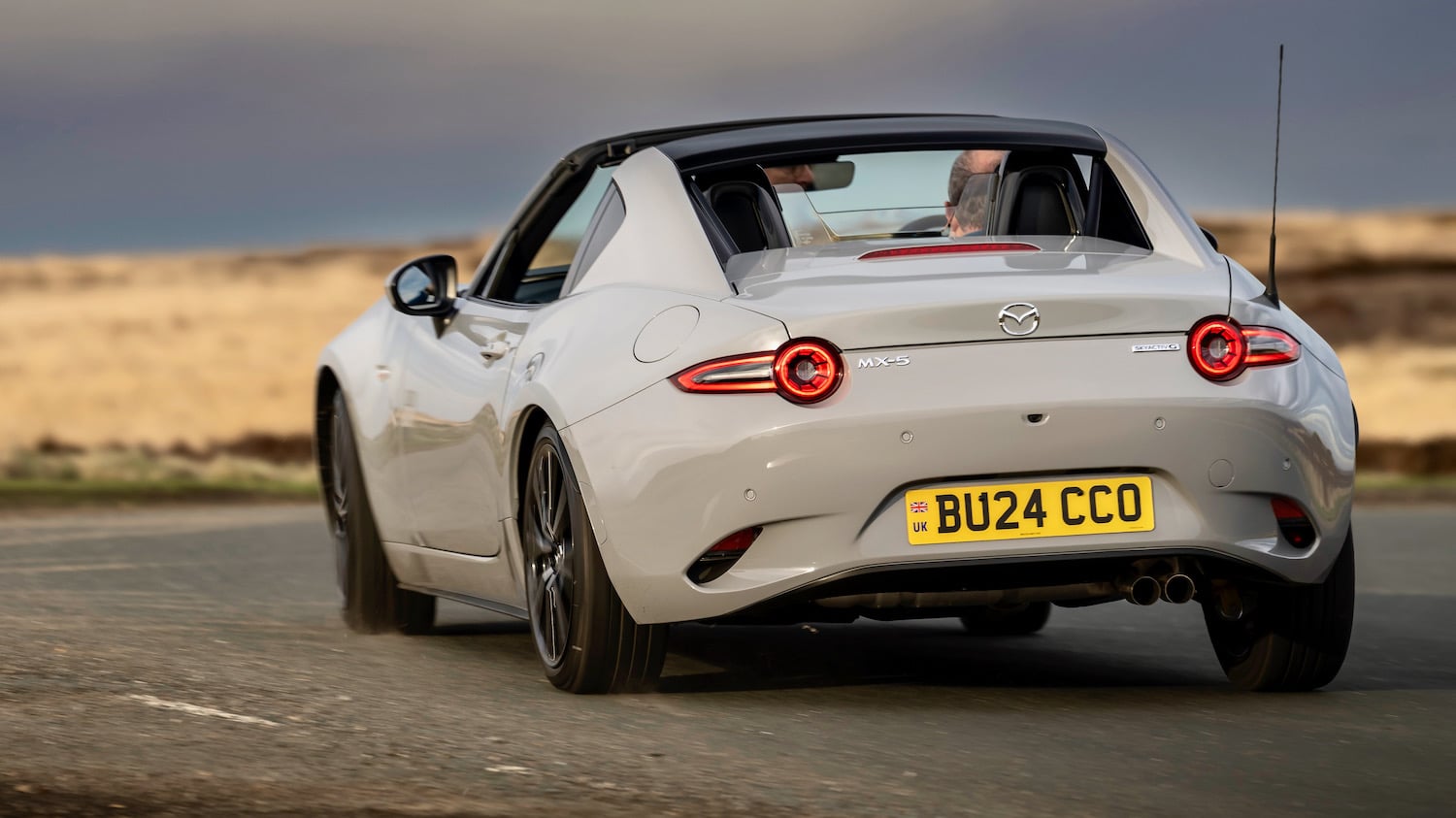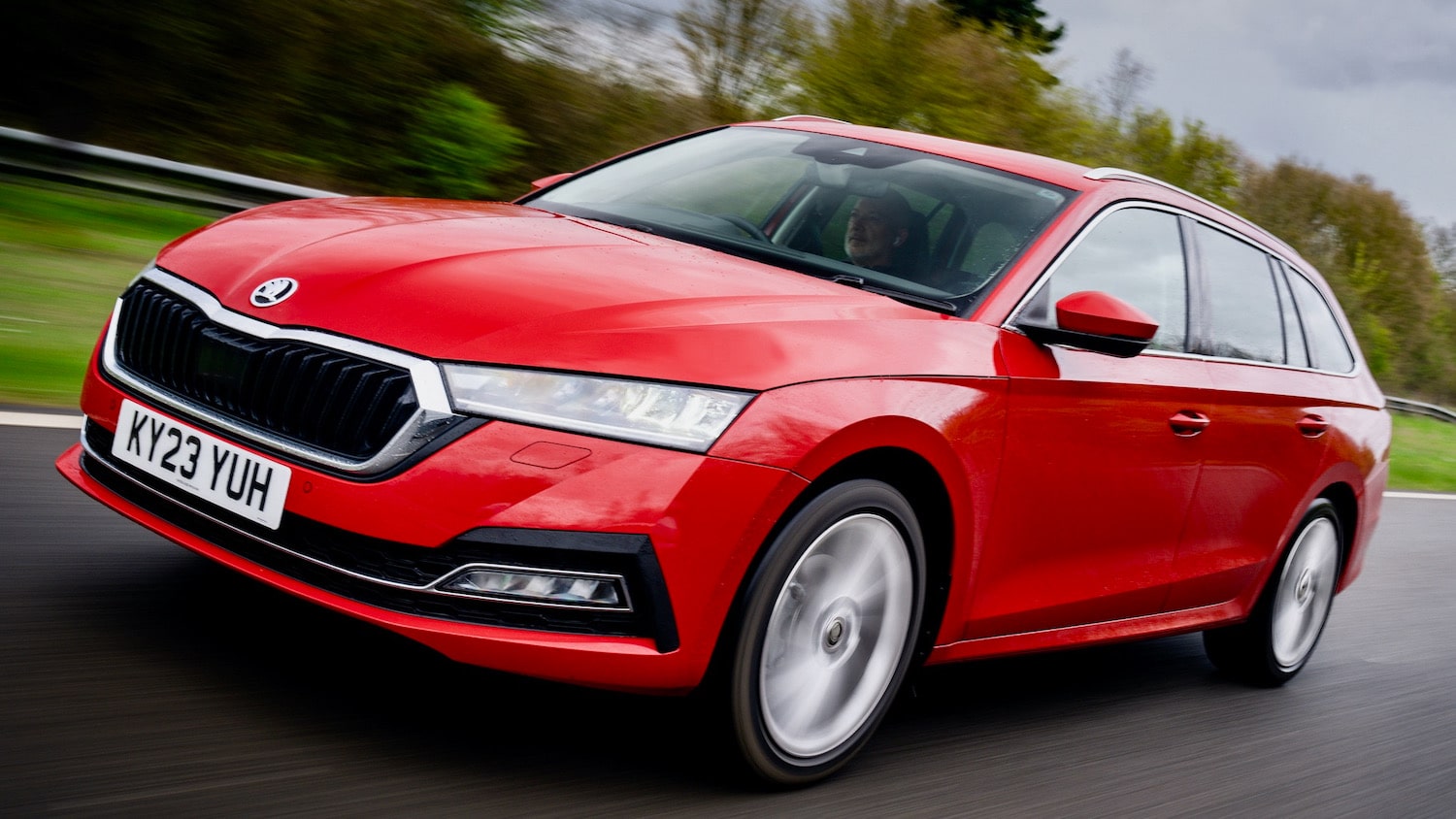During my week with the latest Tourneo Custom from Ford, I wondered who might buy this luxurious eight-seater, part van, part mini-bus?
Hotels that have to ferry customers from a nearby airport and can take advantage of the 35-mile all-electric range? That’s one possible answer. High-end golf courses? Holiday companies cater to small groups of loaded and green-minded clients and transport them short distances between their overnight stops?
Maybe. Whoever might have a use for this vehicle, it’s got to be a limited market and largely composed of businesses; but I think I finally imagined some private customers whom this car might suit down to the ground. These people may represent the slenderest of niches at present, but they are growing in number (if only for a distinctly limited period).
Among baby-boomers born in the middle of the last century, an increasing trend is developing for them to club together to share their assets and their last years. Instead of retreating into confined spaces in the homes of their grown-up children, they are selling their former family houses and going into the collective, joint purchase of castles, stately homes and small, redundant hotels in which they can create their own individual apartments but share such amenities as gardens, medical care and domestic servants. This is the last outcrop of the hippy commune movement of the 1960s, only this time, they are not trespassing on the property as filthy squatters but are the outright, faintly genteel owners of the expensive freehold.
The Tourneo Custom would be just the job for these free-thinking communards. They all hate cars as being perfect symbols of bourgeois materialism and anti-green contamination of Mother Earth. Yet, they will need some form of transport from their E-shaped Elizabethan manor house to nip to the physiotherapist or the hairdresser or to pick up their grandchildren from the railway station when they come visiting. It goes without saying that any vehicle they own must be electric or hybrid-powered. They ostensibly favour utilitarianism, yet they also like a little touch of discreet luxury. The Tourneo Custom fills all these bills.
If four couples shared its purchase price, each couple would be paying less than the price of a Focus. All eight of them could be accommodated in comfort in the leather-clad two front seats and the two benches at the back. They can seal themselves off from the peasants’ gaze behind tinted windows and seclude themselves from eath other with individual spotlights and USB connections. If they need the gardener to shift some bin bags to the dump, he can fold or remove the rear seats (though the task of lifting them out is likely to be beyond the strength of these septua and octagenarians no matter how disciplined their yoga stretches might be).
Our test car came with a 1-litre petrol engine, 92.9 KW electric motor and 13.6kWh battery with maximum power of 126 PS. It wasn’t much fun to drive, but that’s entirely irrelevant. Nobody who takes pleasure out of lining up a corner on a country road would be considered suitable for membership of the high-minded group of communards who might buy the Tourneo Custom.

Neil Lyndon
Motoring Correspondent
Neil Lyndon has been a journalist, broadcaster and writer on the UK’s national stage for 40 years, writing for every “quality” newspaper on Fleet Street. He started writing about cars and motorbikes for The Sunday Times in the 1980s and was Motoring Correspondent of the Sunday Telegraph for 20 years, having previously written a column on motorbikes for Esquire. He is also recognised as a leading commentator on gender politics, having published No More Sex War in 1992 – the first ever critique of feminism from a radical, egalitarian point of view.
What the others say on YouTube
A selection of the latest video reviews of this car….Just click to watch on this page.
Recent Reviews
The latest cars, suvs and crossovers reviewed by our experienced journalists.
Kia EV9 ‘Air’ redefines eco-friendly luxury
KIA has turned the corner into a new market segment with its EV9 pure electric model Car Reviewed: Kia EV9 ‘Air’ Rwd 7-seats The EV9 seven-seater launches in three trim levels and an additional range-topping six-seat option from £65,025 to £78,775 in rear-wheel drive or all-wheel-drive configurations depending on trim with 200bhp single or 378bhp…
Continue Reading Kia EV9 ‘Air’ redefines eco-friendly luxury
Polestar 2 Performance Pack – Almost nailed it
The Polestar 2, performance-focused EVs can be great fun Car Reviewed: Polestar 2 Performance Pack Thanks to low-positioned batteries, handling is tight, with nearly enough twist to knock the world off its axis, and oomph that makes your passengers scream. What’s not to love? Having never driven a Polestar 2, climbing into the driving seat…
Continue Reading Polestar 2 Performance Pack – Almost nailed it
Kia EV9 GT-Line S, a modern day spaceship
The Kia EV9 isn’t just another SUV. It’s a lifestyle choice, navigating family practicality with a streak of futuristic originality Car Reviewed: Kia EV9 GT-Line S This time, the award winning Kia brand has taken the must-have SUV characteristics and advanced them one step beyond, combining a more visionary design with cutting-edge tech throughout. Targeting…






























